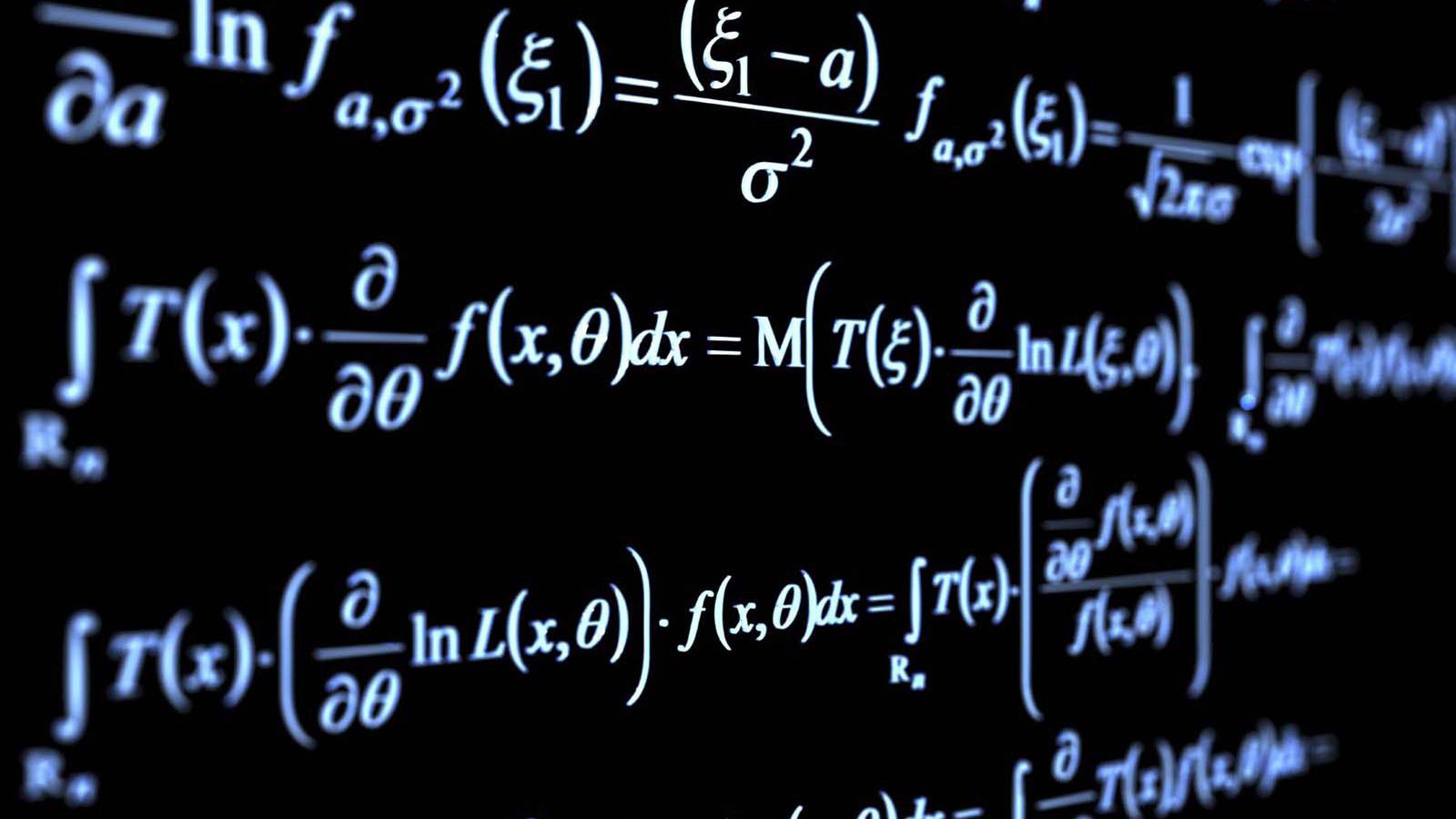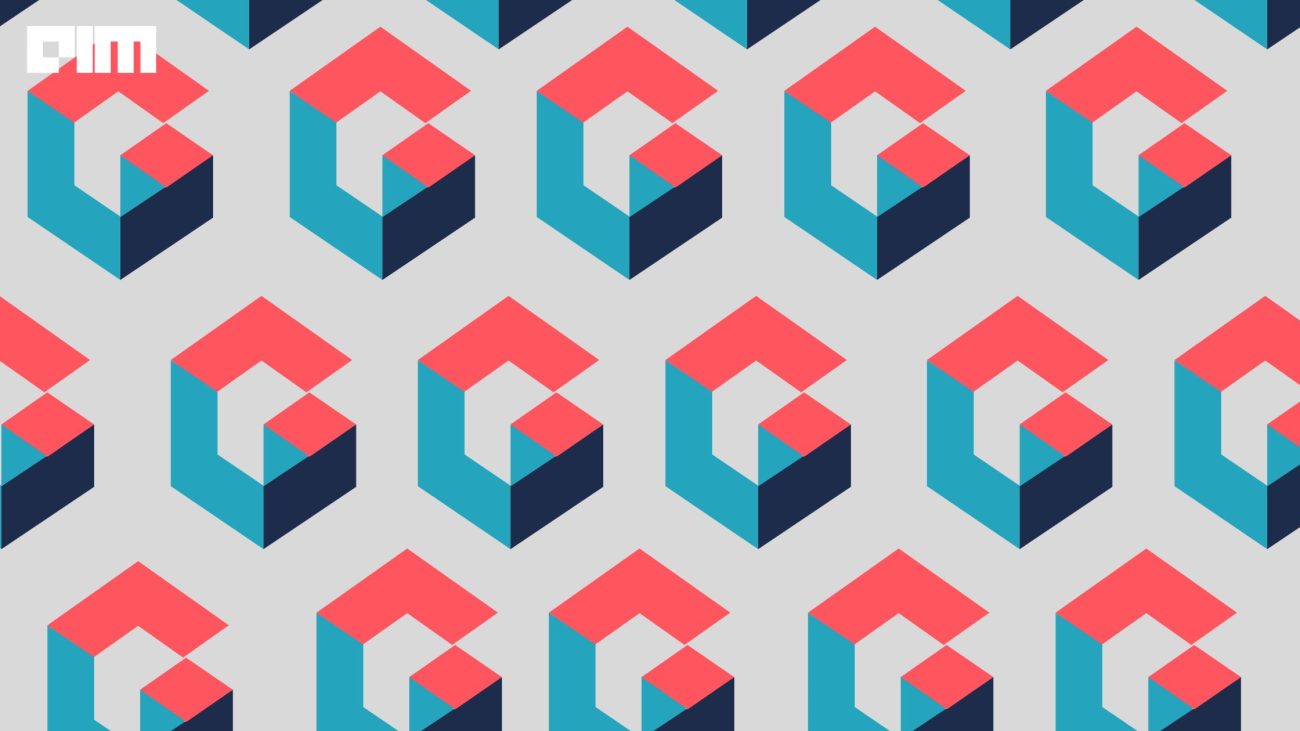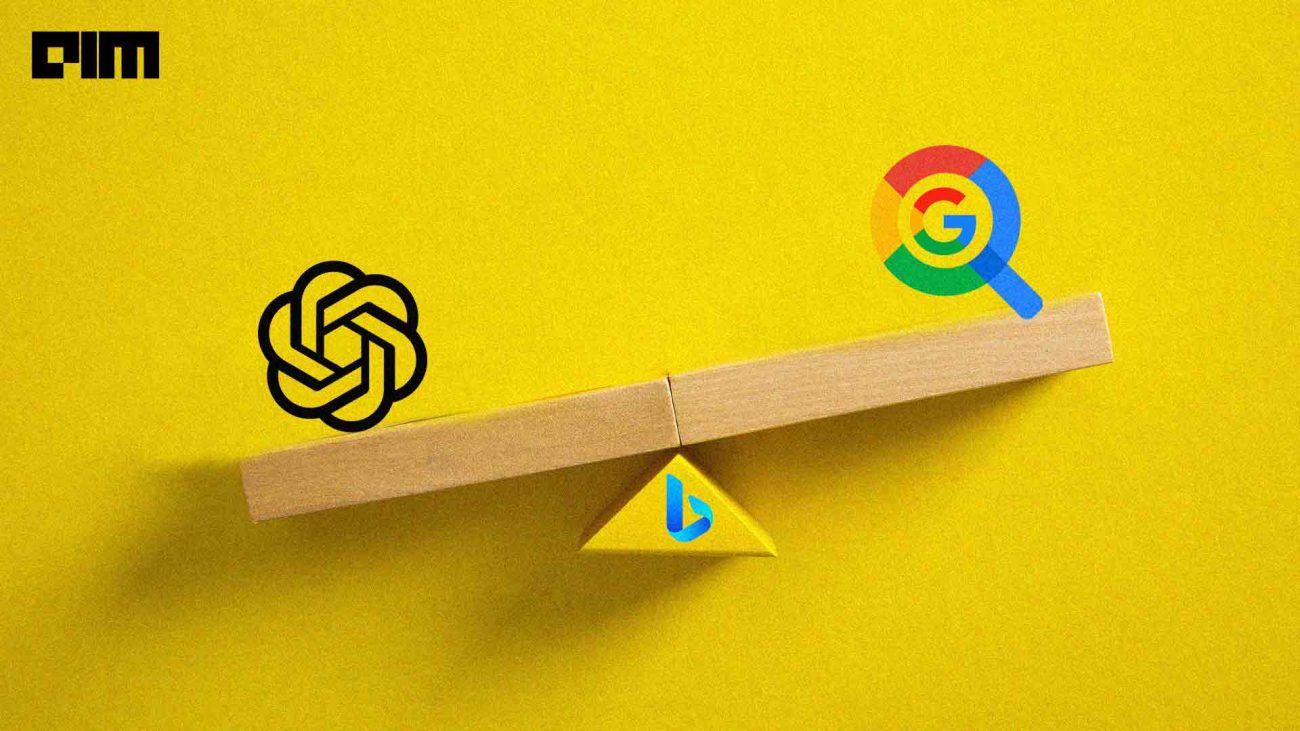|
Listen to this story
|
Some say mathematics and AI are two branches of the same tree. Others believe that mathematics forms the backbone of AI. But what if we took mathematics itself out of the equation? That’s right. Ever since we have built softwares that can assist programmers without involving even a tiny bit of mathematics, AI/ML is becoming a field widely accessible to everyone as the mathematical barrier to entry is being done away with.
Meanwhile, Boaz Barak, an Israeli-American professor of computer science at Harvard University, said last year, “I Teach Computer Science, and I Apologise Lesser Now About Having So Much Maths.” Same is the case with Conrad Wolfram, the author of ‘The Math(s) fix’. Wolfram said that with the era of ChatGPT, being bad at maths is as big a problem of the student, as it is of the subject itself — it has become stagnant.
Where do we stand now?
Before discussing the need for mathematics in the era of machine learning, we have to admit that amid the current trends in the field, researchers have pushed themselves towards application-based research instead of theoretical one. “Pure maths research is not typically published at top ML conferences,” a Reddit user pointed out.
“I have spent way more time installing CUDA drivers than proving theorems,” said another Reddit user in a thread talking about how much maths is involved on a daily basis in ML engineering.

As a research engineer, you rarely have to “do maths” these days as you spend 30% of your time reading papers, 60% implementing the papers, and the other 10% writing reports. The only part where knowledge of maths is required is when you translate the paper to code.
But on the flip side, a lot of researchers have been increasingly developing a sentiment that a lot of low-hanging fruits in ML research are going to dry up pretty soon, leaving behind those who have expert domain knowledge, which includes maths. For example, a growing area of research is ‘deep learning theory’, which utilises mathematically advanced concepts such as geometric deep learning, RG-flow, information geometry, and many such concepts. As the field progresses, it would become essential to be deeply rooted in maths.
Andrew Ng, the deep learning guru, recently introduced a new course which focuses on understanding mathematical concepts. Mathematics for ML and data science is a beginner-level course for understanding the maths behind AI with concepts such as linear algebra, probability, statistics, and calculus. It is clear that there is a need for at least “basic” mathematics to get into the field of AI.
2/I’ve often said “don’t worry about it” when it comes to math, because math shouldn’t hold anyone back from making progress in ML. And, understanding some key topics in linear algebra, calculus, and prob & stats will help you better get learning algorithms to work.
— Andrew Ng (@AndrewYNg) January 25, 2023
Would you regret not studying maths?
Sure, the barrier to entry for a computer newbie to enter into the ML field has drastically decreased. A lot of ML fields are just about deploying models, and a lot of new models like ChatGPT or Codex are even writing the code for you. Knowing the maths behind all this is something we don’t even think about anymore.
Following the conversation on Reddit, an experienced ML engineer expounds his thoughts on the need for studying maths. “There’s not a day that goes by that I don’t regret not having a deeper maths background,” he rued. Most of the current paradigm of AI/ML requires inventing things and pushing things into production-level quality.
But on the other hand, it is immensely helpful for an individual to have enough knowledge of maths to imagine new solutions.

Moreover, AI is getting better at maths. Recently, ChatGPT with the Wolfram plug-in scored 96% in UK Maths A-level paper, a paper which is an essential qualification to get prepared to get into the AI field.
What this tells us is that if AI is able to crack an exam that is meant to get into AI, there needs to be a major change in the educational systems across the world to adjust to the shifting paradigm of mathematical teaching.
The bottom line is that a normal day-to-day life of an ML engineer does not require much understanding of maths. But it is always wiser to make your foundation strong before diving into the field. With prompt engineering courses aplenty, everyone wants to be a programmer and developer, but the truth is you need to know maths to build better AI. For building on top of ChatGPT is not machine learning.












































































